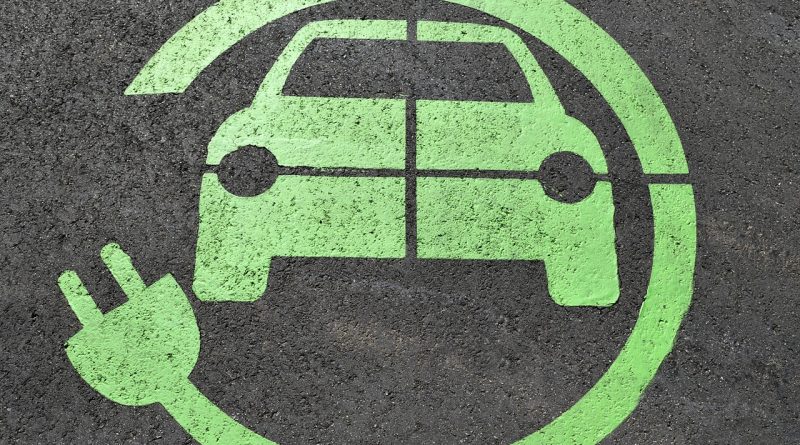3 Impediments to the Growth of Electric Cars
A lot is being written these days about the electric cars and the future of automotive industry vis-a-vis green technology. In the midst of all the excitement and jubiliation, we have already seen companies investing generous amounts of money in research and development in the electric car market space.
Manufacturers like Nissan are bidding big time on electric cars like Leaf to become a leader in the green market space. The UK Government has also given a push through Department of Transport for the development and deployment of electric vehicles. And, Nissan’s Leaf has had a very successful pre-sales buzz across the US States that it intends to target this year.
Electric cars are truly the future of modern automotive industry. The question, however, is how distant is that future? From all the data that is available and the level of development that has taken place for electric cars as of now, it does appear that electric cars will get initial boost from certain niche markets, specifically in the US and parts of Europe. The underlying fact for this is that there are certain States that have already set aside budgets to deploy charging stations across towns and cities to facilitate charging of electric cars through the public infrastructure.
But, electric technology still has a lot to cover before we can consider it an able replacement of the organic fuel industry. There are in fact 3 major challenges that will decide the type and pace of growth in the electric technology. And some of the major deterrents to growth of electric technology are:
a)Cost – One of the biggest challenges for the electric car market space is the cost of the finished product. The cost is definitely higher, and makes an electric car beyond the reach of common folks like you and me. What this means is that there will be some time before the electric car technology is able to integrate higher capacity batteries that could be produced at mass-levels. This will help in reducing the costs by somewhat. And for the sake of analysis, we are overlooking any possible subsidies that the Government could provide because subsidies are outside the market dynamics. Hence a subsidized product will not be a true indicator of overall market statistics.
b)Lack of support infrastructure – This is by far the biggest challenge to growth of electric cars. Think of the number of pump stations that are located within 5 miles of your home. Now, think of the number of charging stations that are located within 5 miles of your home. You can understand the extent of gulf between the 2 infrastructures. If we were to make an intelligent guess, this gap can be reduced over a period of next 50 years. You may counter me by talking about home-based charging kits. Yes, these should work to a certain extent. However, a bustling, tangible public charging infrastructure is a must for easy adoption of electric cars Now, until we reach that comfortable stage, we are actually not looking into a situation whereby each person has an electric car or vehicle for personal or business use. It is simply not practical to have a car that cannot be sustained with good public infrastructure.
c)Lack of Uniform Policy – Another impediment is the lack of a clear-cut universally defined and ratified policy for use and growth of electric cars and technology. The US Congressmen cannot make electric technology a hit without having a similar policy in China, Europe, India, Brazil and other bigger countries. Each Government is required to demonstrate political will and a resolve to ensure that their countries become suitable markets for growth and adoption of electric fuel technology. And getting multiple countries from multiple regions to agree on a universal policy has not worked so well. You can see the failure of Copenhagen Climate Summit as a case in point for failed policy-making.
Primarily, these impediments are the ones that could deprive electric fuel technology of a rightful place in the future. Unless of course, all Governments and automotive companies resort to philanthropy and work towards making electric fuel the most acceptable fuel for new generations.


